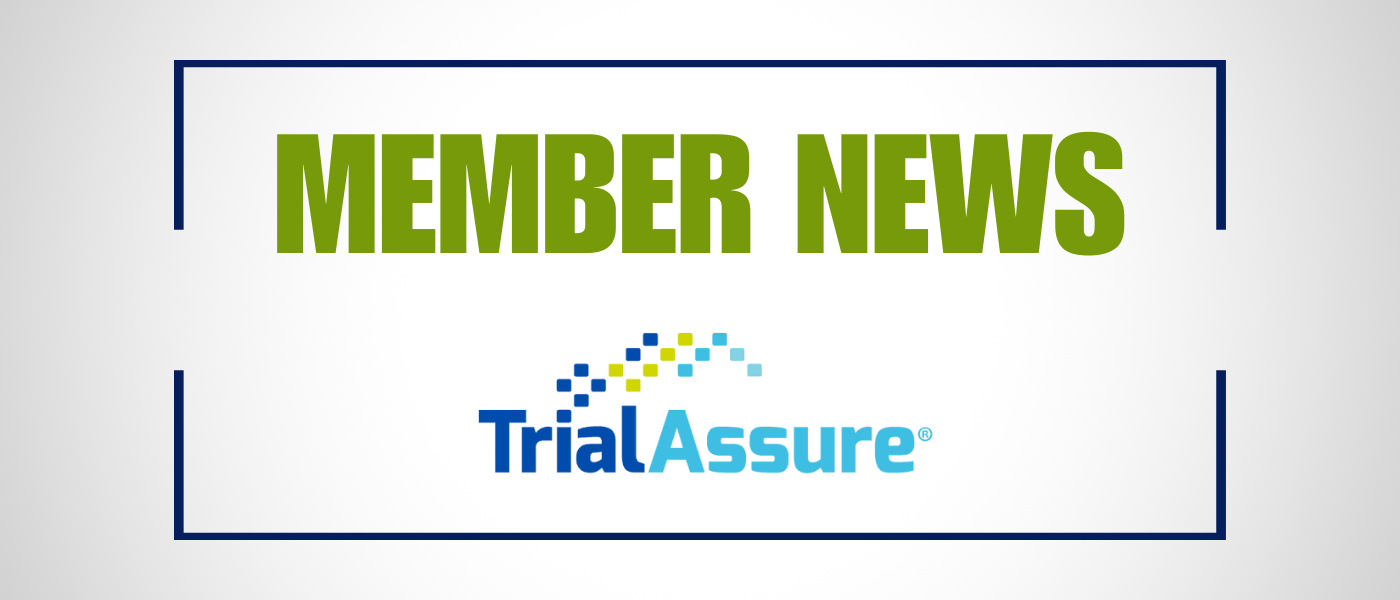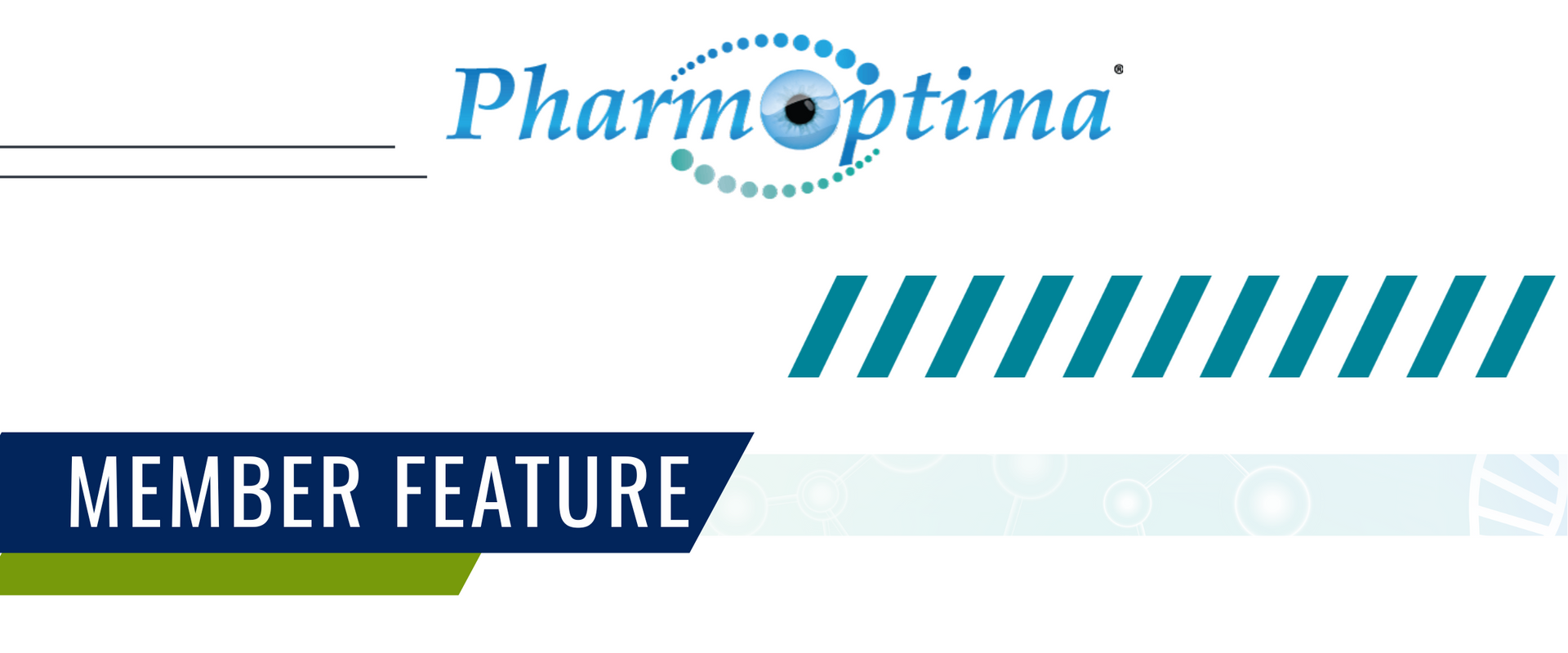Generative AI Medical Writing Tool for the Pharmaceutical and Biotechnology Industries From TrialAssure Gets a Major Upgrade to Make Scientific Document Creation Easier

CANTON, Mich. (December 10, 2024) – TrialAssure®, a global leader in AI-enabled, human-driven solutions for the pharmaceutical industry and beyond, today announced a groundbreaking addition to its TrialAssure LINK® AI content creation and medical writing tool. The new Microsoft Word AI Assistant enables content generators, like medical writers, and other content generators across several industries, to seamlessly integrate LINK AI’s advanced large language model (LLM) functionality into the widely used MS Word application. This innovation significantly enhances the efficiency and quality of the document creation experience.
The new AI Assistant from TrialAssure was developed in response to direct industry feedback from medical writers who must work in MS Word, citing its comprehensive formatting and editing features. This update ensures that users no longer need to compromise on document quality or efficiency when using AI-powered content generating applications.
“Medical writers live and breathe Microsoft Word,” said Prasad M. Koppolu, COO, TrialAssure. “By integrating our LINK AI Assistant with the full functionality of MS Word, we’re providing writers with the best of both worlds to create complex, scientific documents faster, without sacrificing the rich functionality that they are accustomed to. At the same time, it allows companies to manage and deploy highly valuable writing subject matter experts across their portfolio in an optimal manner.”
Accelerating Document Creation in the Pharmaceutical Industry
The LINK AI medical writing tool is designed to help pharmaceutical companies meet growing resource demands and transparency compliance requirements across the drug development lifecycle. LINK® AI efficiently develops, translates, and drafts a wide range of clinical, technical, and plain language documents, such as:
- Plain Language Summaries (PLS), PLS of clinical trial results, PLS of publications, PLS of Clinical Study Protocol, and Informed Consent Forms (ICF)
- Clinical and technical documents, including Clinical Study Protocol, Clinical Study Report (CSR), patient safety narratives, and Statistical Analysis Plan (SAP) – built from industry standards and templates such as TransCelerate and CDISC.
- Customizable templates, source types, and settings to produce any other document type
These drafts are created in a fraction of the time that it typically takes to write from scratch. On average, LINK AI eliminates four weeks from a six-week drafting process, ensuring faster time-to-market and enhanced efficiency for medical writing teams.
How LINK AI Works
TrialAssure LINK AI jumpstarts the writing process by digesting structured and unstructured data sources to instantly generate highly accurate document drafts based on standard or custom templates. Medical writers can refine and revise the content using intuitive prompts, modular editing tools, and AI-generated suggestions based on deep understanding of generative AI and best practices for prompt engineering.
Key features include:
- Iterative Prompting: Refine AI-generated text effectively in an intuitive, chat-style format.
- Text Validation: Utilize secondary AI agents to perform additional tasks, such as quality control, understandability assessment, style and formatting checks, and other customizable functions.
- Integrated Graphics and Charts: Automatically generate visuals to complement text.
The LINK AI application also supports team collaboration by managing workflows, tracking internal approvals, and enabling remote teamwork—all designed to shorten timelines and reduce workload redundancies.
Early adopters have expressed enthusiasm for the AI assistant, citing its ability to streamline workflows and deliver professional-quality documents faster. “This enhancement allows us to combine AI innovation with the gold standard of document creation tools,” shared one Clinical Research Organization (CRO) partner.
To see how LINK AI can transform your medical writing process, watch the video and request a demo at https://www.trialassure.com/software/link/
ABOUT TRIALASSURE
TrialAssure® is an award-winning, global data transparency company with fast, affordable, and intelligent software and service solutions for the pharmaceutical industry and beyond. A leader in the use of artificial intelligence (AI) and machine learning (ML), TrialAssure built their AI Enabled, Human Driven™ software solutions to meet compliance goals through data, document, and image anonymization, development of technical and non-technical content using generative AI, compliance tracking, and more. Established in 2009, TrialAssure’s global team has a proven track record in building strong technology that adapts to ever-changing data transparency requirements and was named Data Solution of the Year in the Data Breakthrough Awards.
For more information, visit www.trialassure.com
RECENT ARTICLES




